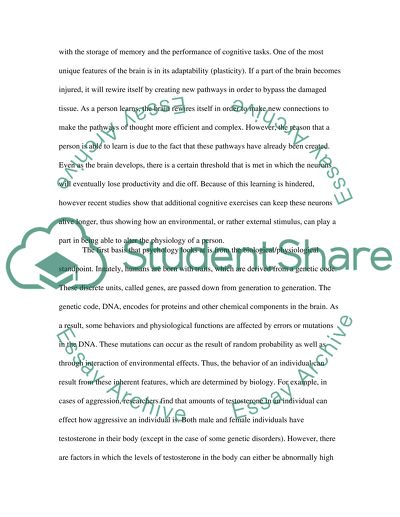Cite this document
(“Psychology Essay Example | Topics and Well Written Essays - 1750 words”, n.d.)
Retrieved de https://studentshare.org/environmental-studies/1420836-psychology
Retrieved de https://studentshare.org/environmental-studies/1420836-psychology
(Psychology Essay Example | Topics and Well Written Essays - 1750 Words)
https://studentshare.org/environmental-studies/1420836-psychology.
https://studentshare.org/environmental-studies/1420836-psychology.
“Psychology Essay Example | Topics and Well Written Essays - 1750 Words”, n.d. https://studentshare.org/environmental-studies/1420836-psychology.


